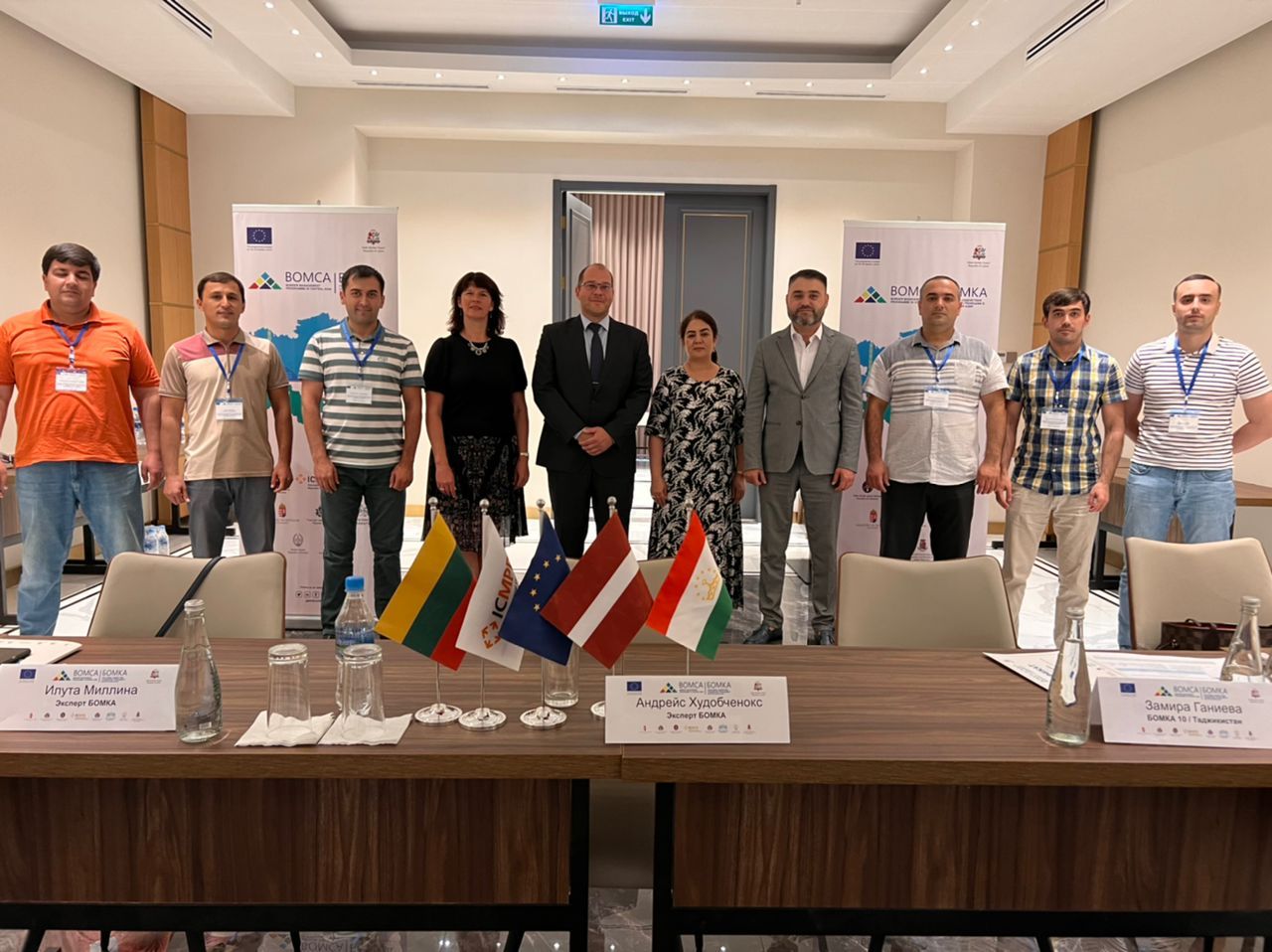From July 19 to 21, 2022, the Border Management Programme in Central Asia organised a technical assistance mission, in the form of a meeting on analysis of the current customs legislation in the transit area, gathering experts from the EU Member States and Tajik national experts on the development of a national transit declaration/control system. The mission assisted the Tajikistan Customs Administration with reviewing existing national transit systems, in applying the Transit Internationaux Routier (TIR) Convention, identifying gaps in legislation and relevant administrative instructions on transit regimes, and developing recommendations for further improvement. This mission continues a series of national activities in the region – similar workshops were implemented in Kazakhstan and Uzbekistan in 2021 and Kyrgyzstan in March 2022.
Based on UNECE information the Customs Convention on the International Transport of Goods under Cover of TIR Carnets (TIR Convention, 1975) is one of the most successful international transport conventions and is so far the only universal customs transit system in existence. To date, it has 77 Contracting Parties, including the European Union.
To facilitate and accelerate customs controls, risk analysis and guarantee controls, there is a need for a computerised transit procedure by making transit data available to customs services in digital form, as well as by ensuring electronic exchange of information between customs authorities and economic operators. It is essential to harmonise the national legal frameworks with the international legislative acts, including the TIR Convention, ATA Convention, and WCO standards.
One of the most important measures is the introduction of electronic exchange of information between the customs authorities of Central Asia, to enhance cooperation between the countries in the area of international movements of goods, rapid border crossings and smooth customs controls. Harmonisation of national legislative acts is the key step to ensuring digitalisation and automation of customs processes.
Upon completion of this technical assistance mission, the experts will provide recommendations on concrete actions, based on the findings and identified inconsistencies discovered through a gap analysis of relevant primary/secondary legislative acts and the relevant administrative instructions on transit regimes, as applied in Tajikistan.
Held in the framework of the Component 3 Facilitation of Trade, this workshop is a part of a series of national activities on the topic.

